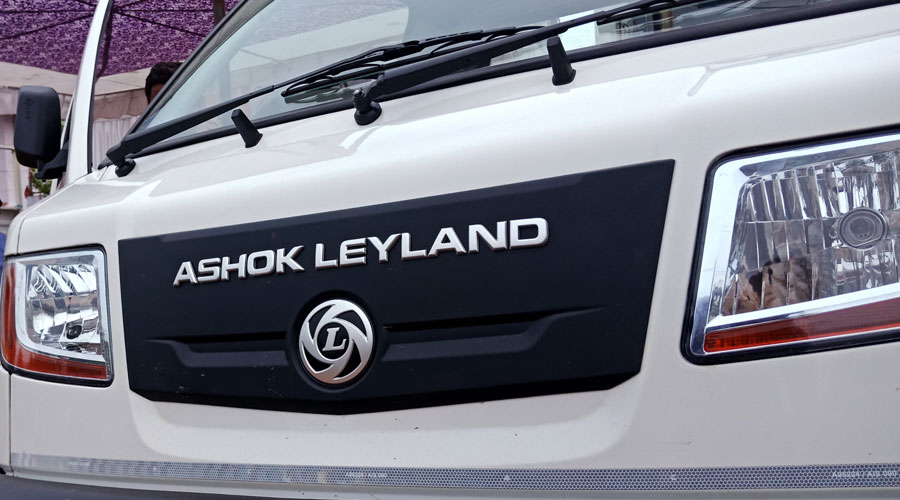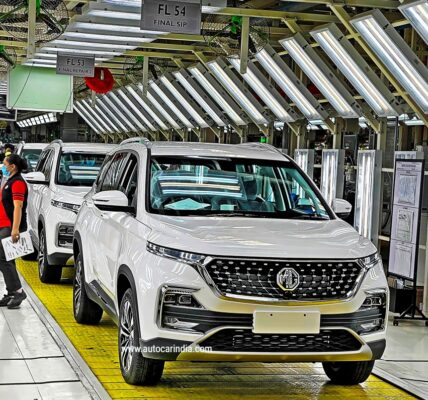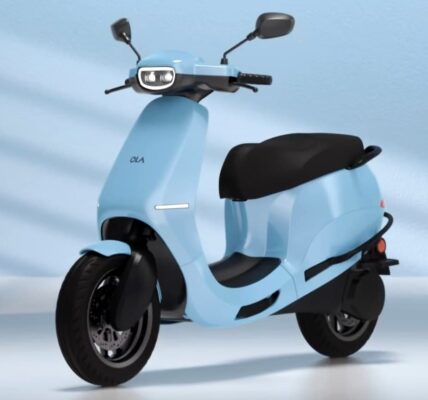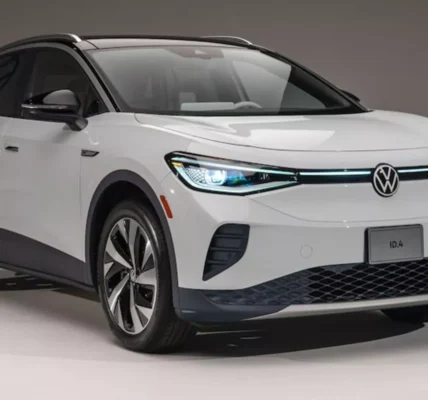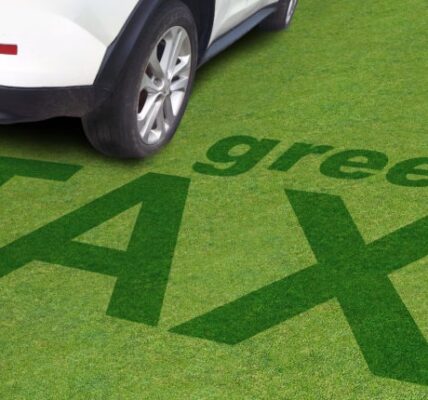Ashok Leyland has completed the sale of its electric vehicle (EV) business to Switch Mobility Automotive Ltd (SMAL) for a consideration of ₹240 crore.
In November 2021, Ashok Leyland board had approved the sale of the EV business to SWAL and the transfer of EMaaS business to Ohm Global Mobility, fellow subsidiary of Ashok Leyland, with effect from October 1, 2021.
“The transfer of EV business resulted in a profit of ₹96 crore for the company and the transfer of EMaaS (Electric Mobility-as-a-Service) business is pending regulatory and other approvals, according to a note filed with the stock exchanges.
The electric vehicle business under Switch continues to expand. While Switch UK is setting up of manufacturing plant in Spain, the company continues to win EV orders from state transport undertakings in India. In Q3, it won an order to supply 300 electric buses to Bangalore Metropolitan Transport Corporation. It is also supplying 40 electric buses to the Chandigarh Transport Undertaking.
“I am very happy with the progress made by Switch and am excited by the prospects it holds in the future growth of electric vehicles. This complements well with the developments that Ashok Leyland is making across a spectrum of alternate fuels,” Dheeraj Hinduja, Executive Chairman, Ashok Leyland, said in a statement.
Q3 results
Meanwhile, the Hinduja flagship has reported a net profit of ₹6 crore for the quarter ended December 31, 2021, when compared with a net loss of ₹19 crore in the corresponding quarter in the previous fiscal, helped by exceptional items which included gains through transfer of EV business.
Revenue from operations grew 15 per cent to ₹5,535 crore as compared to ₹4,814 crore in the previous fiscal, helped by higher sales of trucks on the back of revival in demand in the commercial vehicle market. Total income stood at ₹5,553 crore against ₹4,848 crore.
However, total expenses were at ₹5,568 crore (including ₹4,157 crore of raw material costs) when compared with ₹4,820 crore (includes ₹3,598 crore raw material costs) in the previous fiscal.
During the quarter, the company generated cash of ₹415 crore which brought down the net debt as on December 31, 2021, to ₹2,697 crore (from ₹3,112 crore in Q2). Debt equity at the end of the quarter was 0.42 times.
Recovery mode
“The CV industry is on a recovery owing to the improvement in the macroeconomic environment and healthy demand from end-user industries. The MHCV segment is expected to lead recovery in the coming months, riding on the back of growth in core sectors such as construction and mining, increased capital outlay for infrastructure projects, conducive financing environment and pent-up replacement demand,” said Hinduja.
On Friday, the board also approved the issuance of redeemable NCDs (non-convertible debentures) aggregating up to a value of ₹250 crore.



